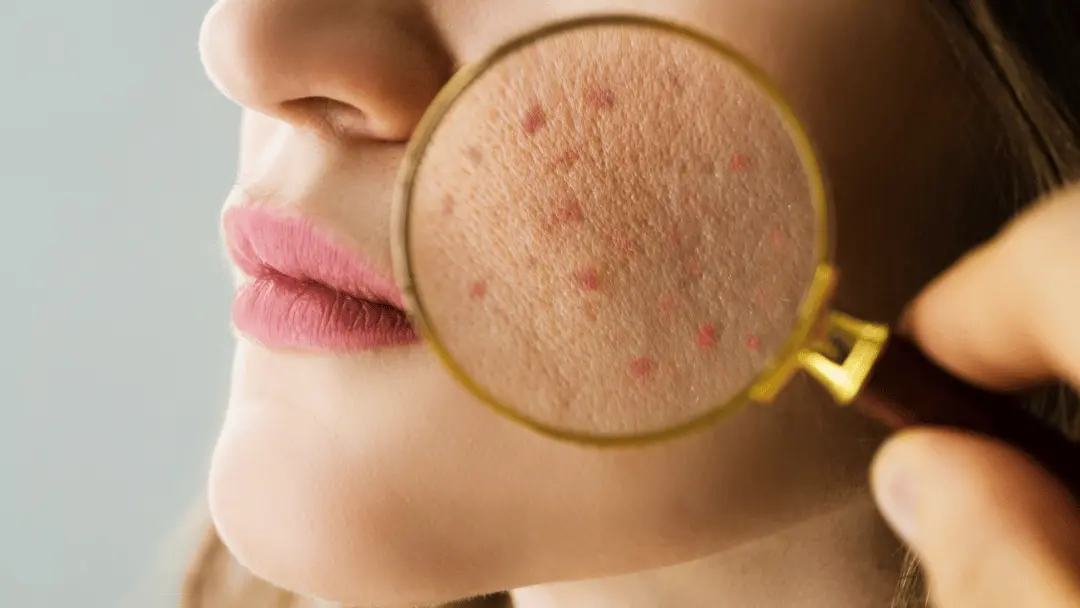Consider mohs surgery to remove skin cancer with minimal scarring.
Consider mohs surgery to remove skin cancer with minimal scarring.
Blog Article
Mohs Surgery Explained: A Key Procedure in Dermatology for Managing Skin Cancer Effectively
In the realm of dermatology, Mohs surgery stands as a crucial procedure for combating skin cancer, specifically basal cell and squamous cell cancer. This complex surgical approach, developed by Dr. hair loss. Frederic E. Mohs, prioritizes the accurate excision of cancerous skin layers, leaving healthy and balanced tissue unblemished. But what exactly makes Mohs surgical procedure so effective and how does it contribute to favorable individual outcomes? As we dive much deeper into the process, its benefits, and potential complications, truth worth of this treatment ends up being significantly evident.
Understanding the Essentials of Mohs Surgical Treatment
Although it might sound complicated, Mohs surgical treatment is an accurate surgical technique made use of primarily to deal with skin cancer cells. The key objective of Mohs surgical procedure is to remove all cancer cells while sparing as much healthy and balanced tissue as feasible. Its precision and high success rate have actually made Mohs surgery a foundation in dermatology, using hope to individuals worldwide.

The Procedure: Step-by-Step Failure of Mohs Surgical Procedure
While Mohs surgical treatment could seem difficult, comprehending the detailed procedure can assist debunk the procedure. If cancer cells are discovered, the cosmetic surgeon removes an additional layer of skin and the procedure is duplicated. This cycle proceeds till no even more cancer cells are discovered, guaranteeing the full elimination of cancer cells while preserving as much healthy and balanced skin as possible.
The Advantages of Mohs Surgery in Skin Cancer Treatment
An outstanding number of patients have actually found the unique benefits of Mohs surgery in their fight against skin cancer. Concerned for its accuracy, this technique targets cancerous cells while maintaining surrounding healthy tissue, bring about marginal scarring. Its high accuracy reduces the chance of cancer recurrence, offering individuals with satisfaction. The treatment is commonly executed on an outpatient basis under local anesthesia, making it less straining on the body than more intrusive surgical procedures. Additionally, as it involves instant microscopic evaluation of the gotten rid of tissue, it guarantees full cancer removal in a solitary browse through. Hence, it removes the need for multiple surgeries, conserving time and lowering tension for clients. Subsequently, Mohs surgical procedure offers a premium option for efficient skin cancer treatment.
Possible Threats and Problems Related To Mohs Surgical Procedure
Regardless of its countless advantages, Mohs surgical treatment is not without possible risks and issues. Like all procedures, it carries a risk of infection, weblink blood loss, and an adverse reaction to anesthesia. In rare situations, individuals might experience nerve damage, causing numbness or weakness in the area of surgery. There's likewise the possibility of a recurrence or spread see here of skin cancer, particularly if all malignant cells were not completely eliminated during the procedure. Scarring is one more issue, as it can be recognizable depending upon the size and location of the cured area. The emotional effect of a skin cancer diagnosis and subsequent surgery should not be taken too lightly, as it can lead to anxiousness and anxiety in some people.
Planning for and Recuperating From Mohs Surgical Procedure: What to Anticipate
To make sure the best feasible result from Mohs surgical procedure, clients need to properly get ready for the treatment and understand what to anticipate throughout healing. Preparation normally involves an in-depth conversation with the healthcare supplier concerning the client's medical background, present medicines, and prospective allergies. Some drugs might require to be stopped before the surgical treatment to decrease blood loss. Postoperative care is essential for effective recuperation. Patients may experience light discomfort, inflammation, or swelling, which can be managed with suggested medicines. They are encouraged to rest, avoid difficult activities, and maintain the surgical site clean and dry. Normal follow-ups are required to keep track of recovery and identify any issues early. The secret redirected here to healing is patients' adherence to their doctor's directions.
Verdict

Report this page